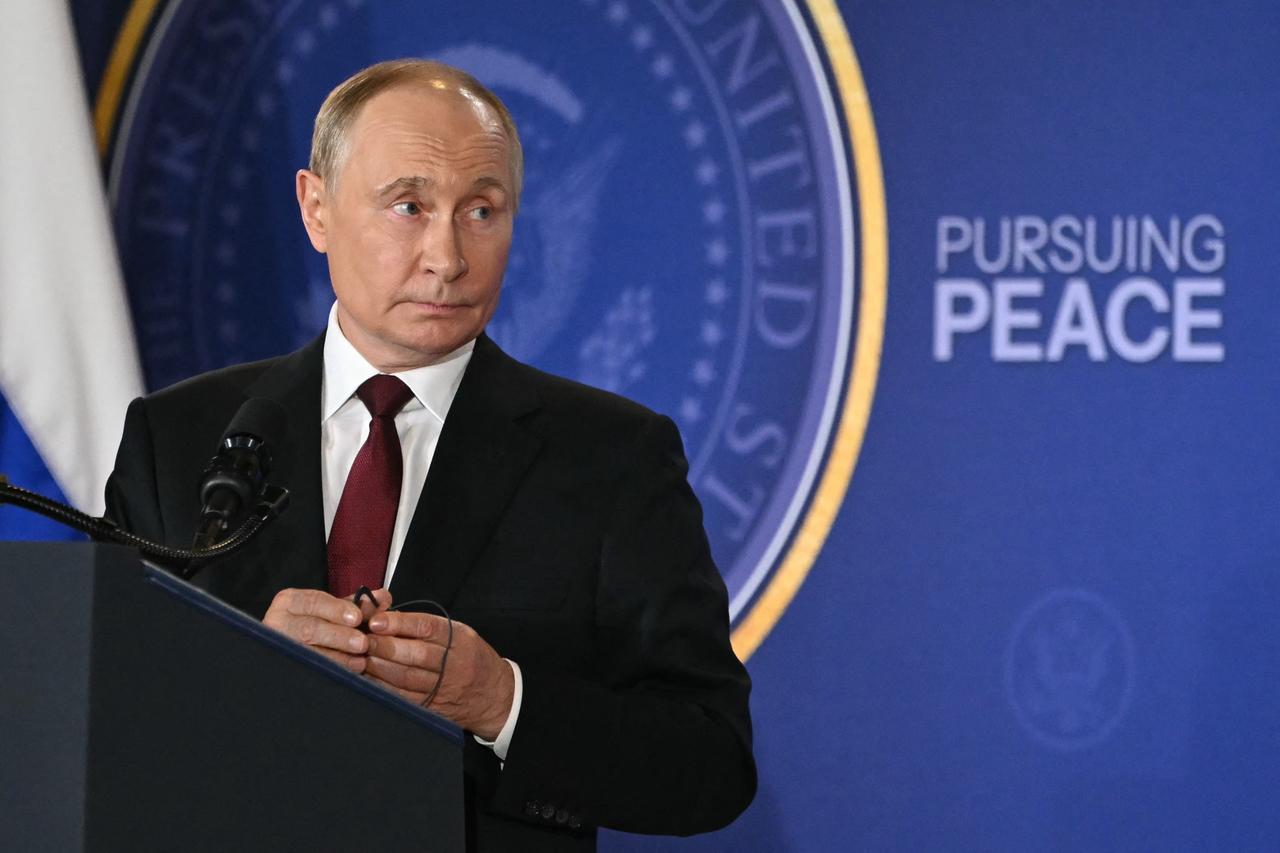
Russian President Vladimir Putin said he hoped the "understanding" reached with U.S. President Donald Trump during their Alaska summit would pave the way for peace in Ukraine and restore Russia-U.S. relations, though he provided no specifics about what the leaders had agreed upon.
"I hope that the understanding we have reached with Trump will help us reach our goal and pave the way for peace in Ukraine," Putin said at a joint press conference following the nearly three-hour meeting at Elmendorf-Richardson Base.
The Russian leader called the talks "constructive, based on mutual respect, and beneficial," marking his first time on Western soil since ordering the invasion of Ukraine in February 2022.
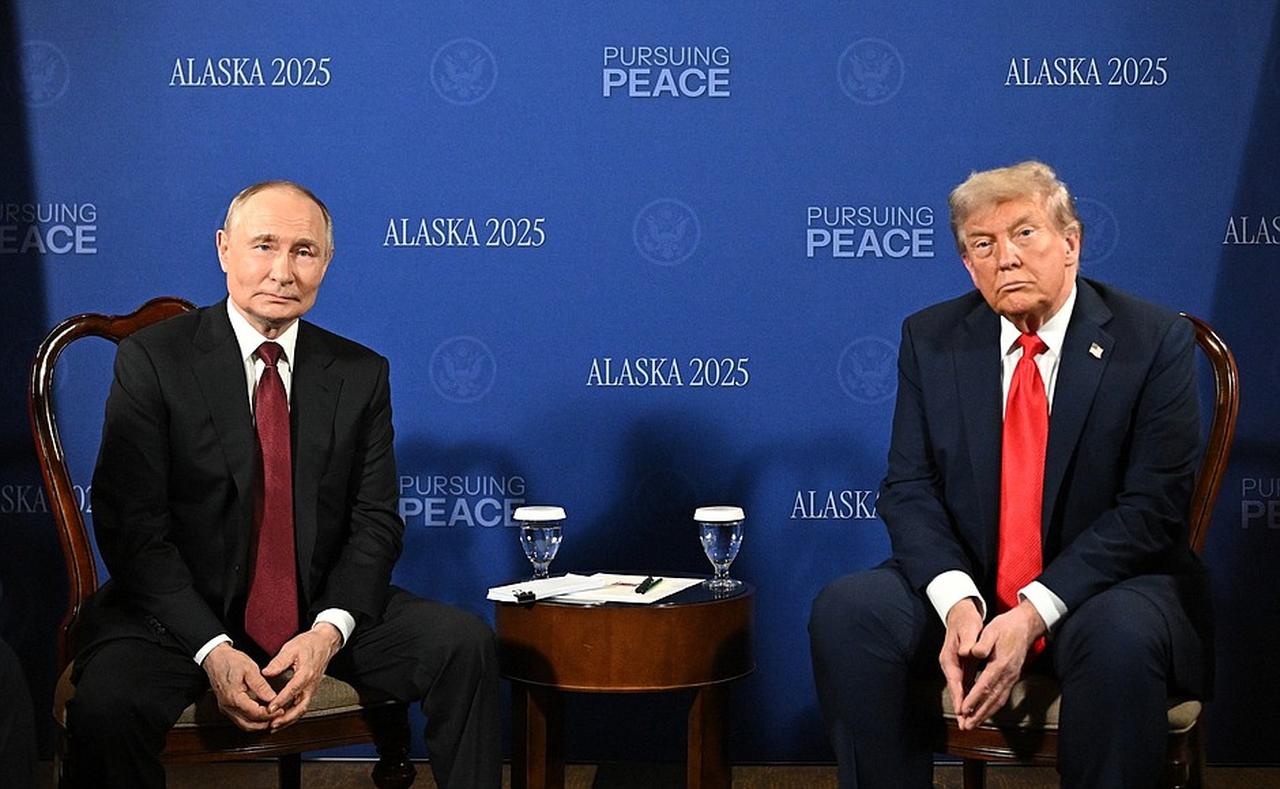
Despite optimistic rhetoric from both leaders, the summit produced no apparent breakthrough or detailed agreement on ending the conflict that has killed tens of thousands.
"We made really significant progress. We agreed on many issues. However, there are several important issues we haven't fully agreed on yet," Trump said. "There's no deal until there's a deal."
Putin acknowledged that while progress was made, fundamental issues remain unresolved. He emphasized that any lasting solution must address what he called Russia's "legitimate concerns" and restore "a fair balance in the security sphere in Europe and in the world as a whole."
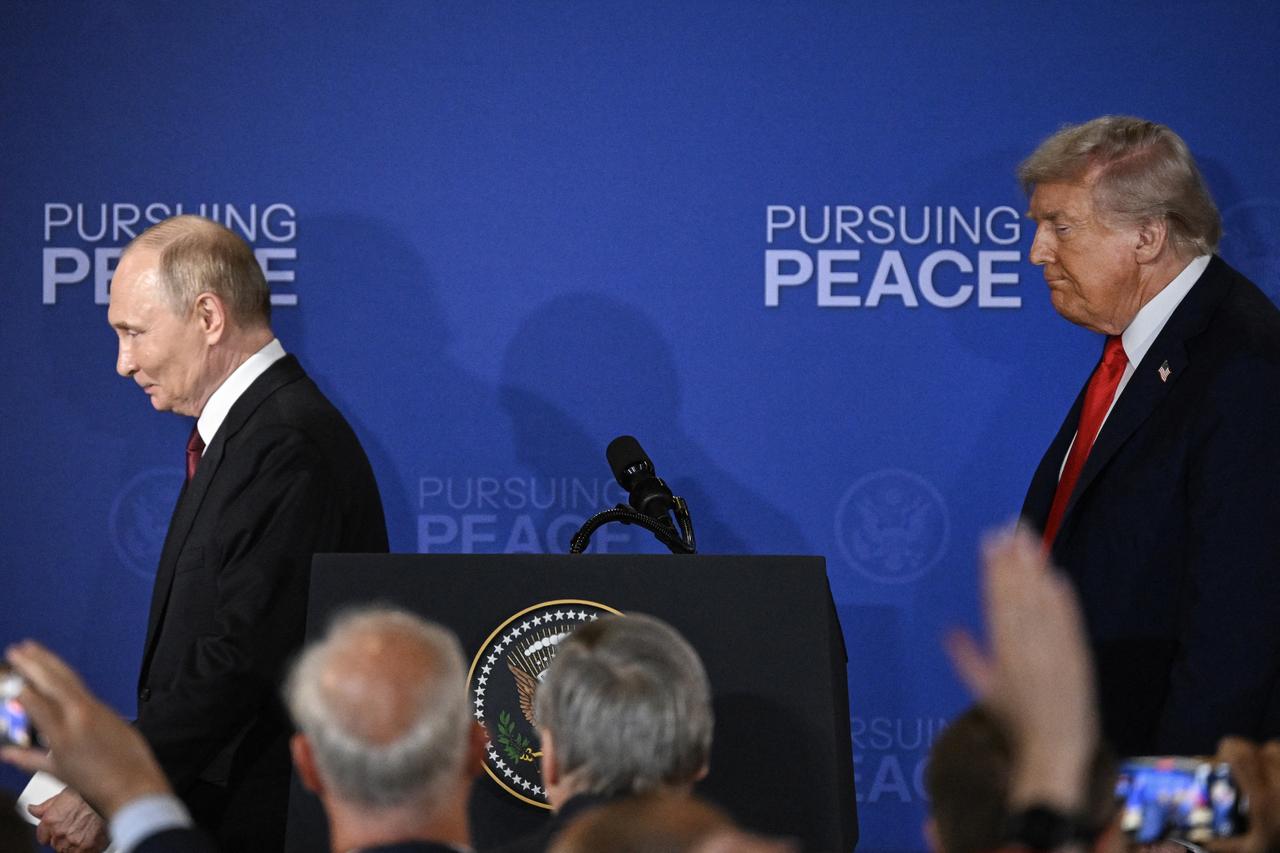
Putin confirmed that Ukraine dominated the agenda, saying the situation "was one of the primary topics of the summit."
"We see that the U.S. administration and Trump are making efforts to resolve the Ukrainian crisis and want to understand the essence and roots of the crisis," Putin said.
The Russian president reiterated Moscow's position that events in Ukraine are "associated with fundamental threats to our national security," while also describing Ukrainians as "brothers" and calling the conflict "a tragedy and pain for us."
Putin later noted the symbolic significance of the meeting in Alaska, calling it "quite logical" given the geographic proximity of the two nations.
"When I got off the plane, I told Trump, 'Good day, dear neighbor. It's very nice to see you healthy and alive.' Only the Bering Strait separates us," Putin said, adding that Alaska represents an important part of shared Russian-American history.
He recalled the World War II-era Lend-Lease agreement and the establishment of air routes through Alaska for military equipment deliveries, saying, "We will not forget the historical examples of our countries defeating common enemies together in the spirit of military comradeship and alliance."
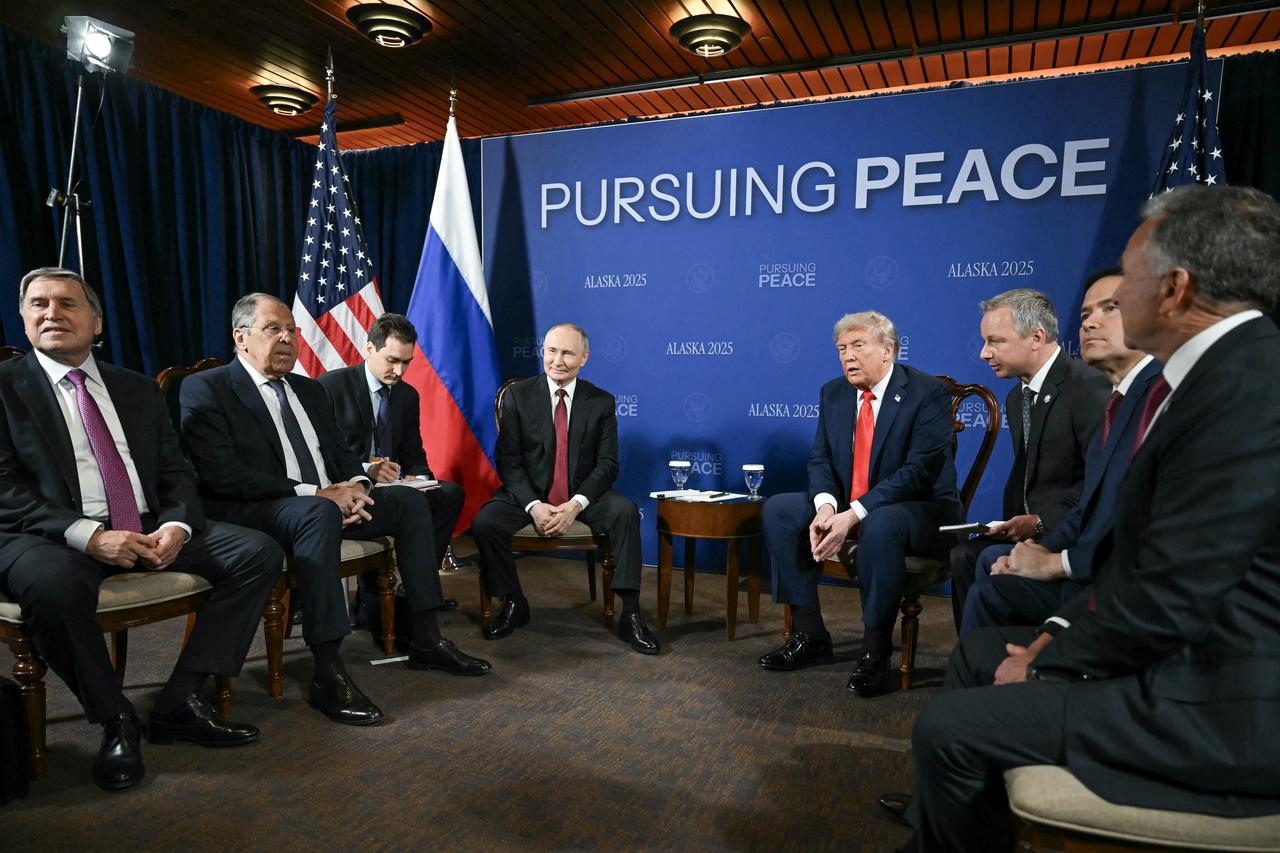
Putin expressed hope that Ukraine and European nations would accept any U.S.-Russia understanding "in a constructive manner" and warned against attempts to derail progress.
"I hope that Ukraine and European countries will perceive all this constructively and will not try to disrupt the emerging progress through provocation or behind-the-scenes intrigues," he said.
The summit was held without Ukrainian President Volodymyr Zelenskyy, who was not invited to the talks, raising concerns in Europe that Moscow and Washington might attempt to decide Ukraine's fate without its input.
Addressing the broader Russia-U.S. relationship, Putin acknowledged that ties had deteriorated to their "lowest level since the Cold War" during the more than four-year gap in high-level meetings.
"Sooner or later, it was necessary to fix the situation and move from confrontation to dialogue," Putin said. "In this context, there was really a need for a face-to-face meeting between the two heads of state."
The Russian leader noted early positive signs, including a 20% increase in bilateral trade since the new U.S. administration took office, though he called it "symbolic."
Putin later emphasized the "enormous potential" for U.S.-Russia cooperation in multiple sectors.
"It's obvious that the partnership between Russia and the United States in trade and investment has great potential," he said. "The two countries have much to offer each other in areas such as trade, energy, digital and high technology, and space."
He also suggested collaboration on Arctic issues and renewed interaction between Russia's Far East and America's West Coast regions.
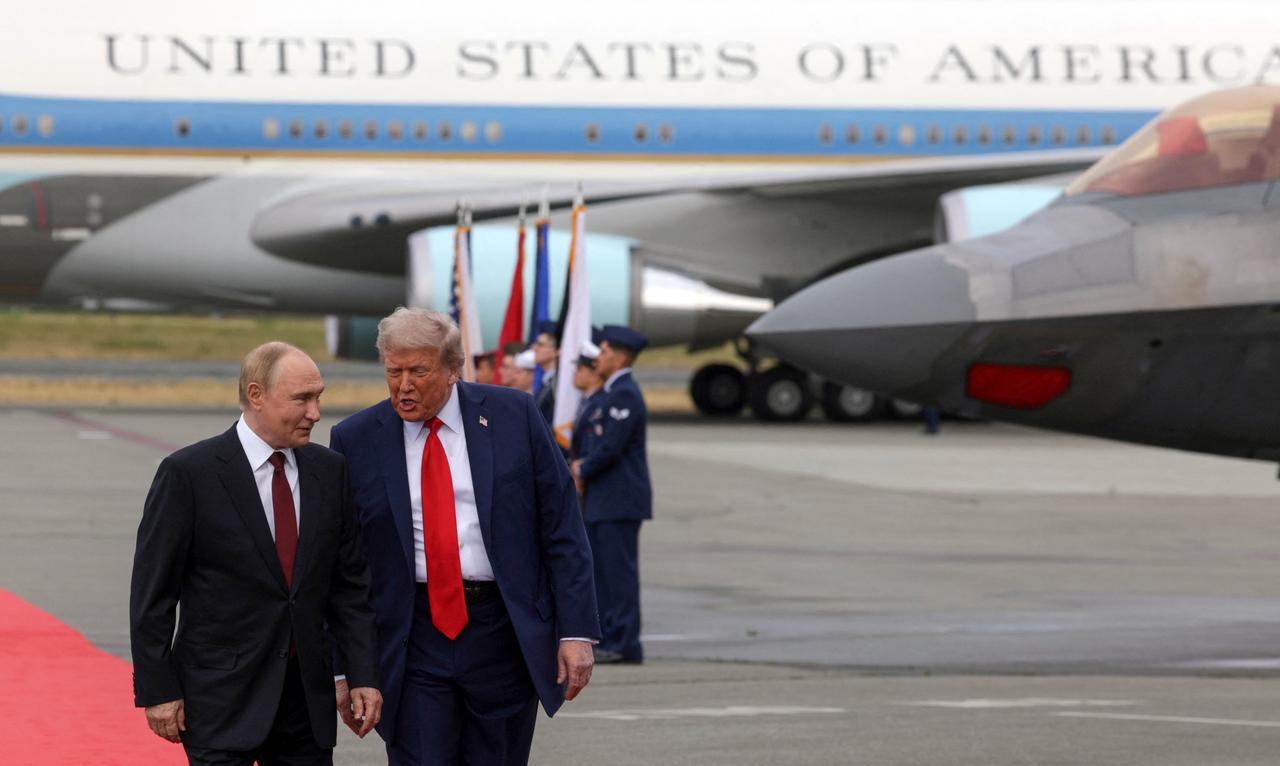
After the press conference, Putin extended an invitation to Trump to visit Moscow for their next meeting.
"Next time in Moscow," Putin said in English after Trump mentioned they would "probably see you again very soon."
Trump responded, "Oh, that's an interesting one. I'll get a little heat on that one, but I could see it possibly happening."
The summit included U.S. Secretary of State Marco Rubio and Middle East Special Representative Steve Witkoff on the American side, with Russian Foreign Minister Sergey Lavrov and Kremlin Foreign Policy Adviser Yuri Ushakov accompanying Putin.
Putin thanked Trump for the invitation to Alaska and for their collaborative work, expressing hope that "today's agreements will become not only a foundation for solving the Ukraine issue but also the beginning of restoring business-like, pragmatic relations between Russia and the United States."